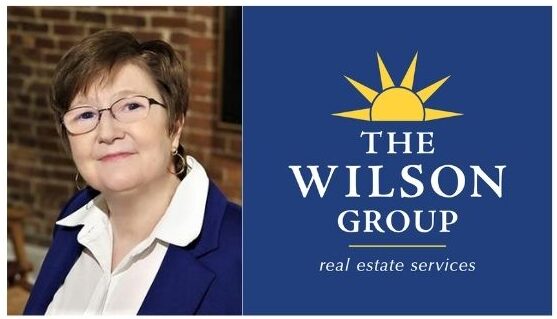
One of the many joys of living in Nashville is the way music suffuses life on an almost atomic level. On any given night, someone might lean into your ear, point to the guy on the pedal steel guitar, and rattle off a list of classic recordings he played on or tell you he wrote a song you know by heart. Talk to a computer programmer here and there’s a good chance he’ll compare coding to songwriting.
But Music City is changing, and fast. It was the second-fastest-growing U.S. city in 2013 and boasts the strongest employment growth of any large metropolis since the Great Recession. You can see it in the condo towers, office buildings, and new hotels that now cast a shadow over the city. (Some old-timers refer to their town as “Little Dubai.”) And you can taste it in one of the most buzzed-about restaurant scenes anywhere, in which a classic meat-and-three like Swett’s thrives alongside the postmodern cuisine at the Catbird Seat. Musicians still flock here, and it’s the headquarters of Jack White’s mini-empire. But a new wave of artists, designers, filmmakers, and entrepreneurs is putting down roots, as well.
Drew Bryant is a case in point. Last year he left Chicago, and a well-paying gig as a personal chef, to open his first restaurant, the French-inspired Porter House Bistro in East Nashville, where rent is half of what it would have been in the Windy City. In Chicago, Bryant and his wife shared a cramped 700-square-foot apartment. Now, for the same price, they have a house three times that size, with a yard, and trees. Even with the drama of running a restaurant, life in Nashville “is a lot less stressful,” he says.
Homes like Bryant’s in his leafy north side neighborhood (literally: The neighborhood is home to more than 100 tree species) fetch about $400,000. That same $400,000 could get you a bit more yard and more likely a Craftsman in the East Nashville neighborhood near his restaurant. A glut of new construction can barely keep up with demand, though, and the area’s early-20th-century Victorians don’t come on the market often.
The industries that have drawn people here for decades — music, health care, education — have been joined by a steadily growing tech sector, which recently got a boost when Nashville was named one of four metro areas to get the ultra-high-speed internet service Google Fiber. That announcement was made at the Nashville Entrepreneur Center, which is housed inside a repurposed trolley barn, not far from the Ryman Lofts, the two-year-old housing development built especially for artists and musicians. Along the same stretch, the long-beloved dive the Hermitage Cafe thrives near the boutique coffeehouse Crema — the old Nashville coexisting with the new.
“The city feels more dynamic and diverse than it’s felt in years,” says Kate O’Neill, who moved to Nashville a dozen years ago to become a songwriter. But her tech chops were in higher demand, and she’s now CEO of KO Insights, a marketing-strategy firm. O’Neill and her team have worked with clients such as Amazon, Nike, and the Grand Ole Opry — a trajectory that proves as good a metaphor as any for the city she calls home.
